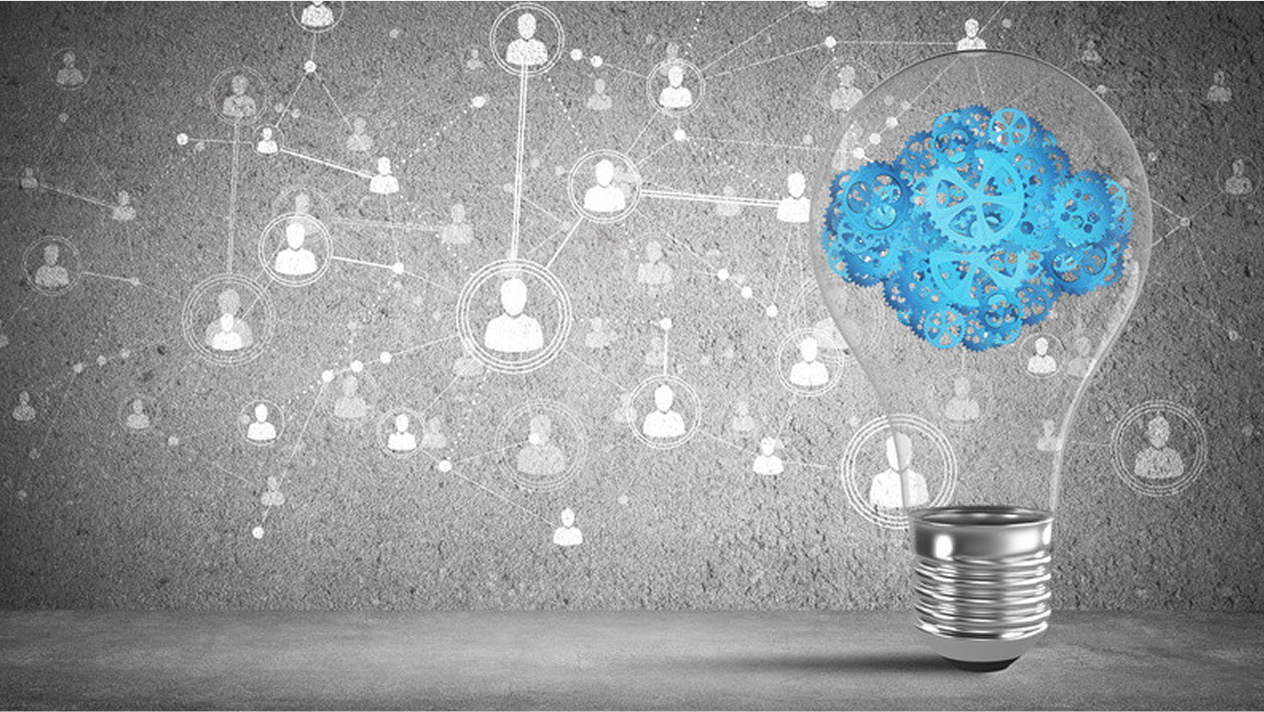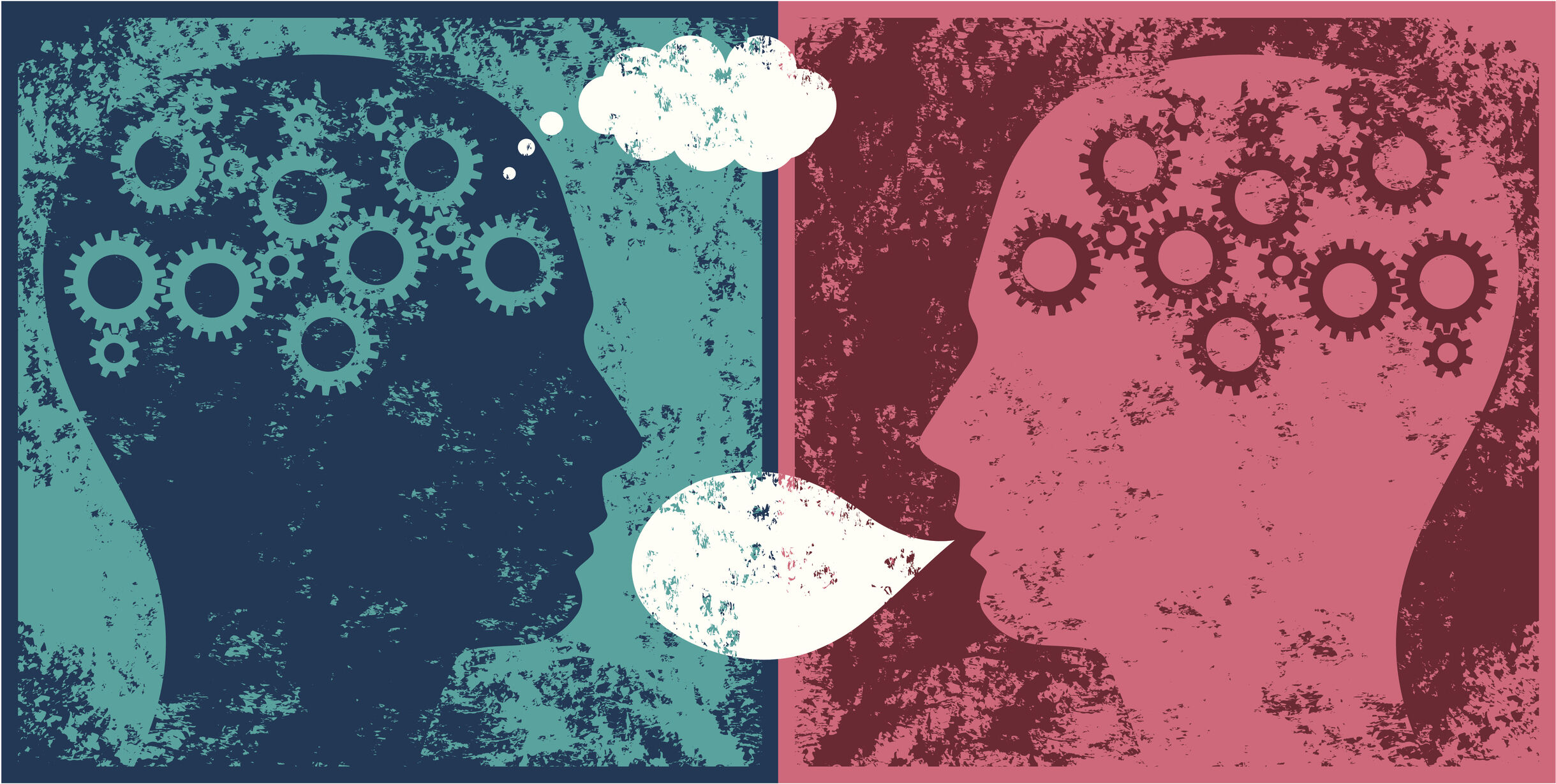It’s the eve of the Thanksgiving holiday in the US, an occasion for which many people gather to celebrate with families and friends. But for many of us, the Thanksgiving table can also be a cornucopia of opposing points of view, which means that tomorrow we’ll find ourselves in an uncomfortable dialogue by the time the pie is served.
If you haven’t yet viewed “How to Have Difficult Conversations with Opposing Viewpoints,” a recent webinar with Kate Isaacs and Kara Penn, this might be the ideal time to watch the recording. During this LinkedIn Live event, Isaacs and Penn explain how listening can help cultivate respect and bridge communication gaps. They also share a conversation guide, based on recent social science research, with four elements that anyone can use for dialogue on controversial topics. Isaacs and Penn also tackle this topic in a recent article they co-authored on Medium about how they used this science-backed conversation guide in their personal lives, to help bridge the political divide with their own fathers.
Isaacs and Penn acknowledge that difficult conversations don't just arise at the dinner table but in all facets of life, including work environments. In any setting, their Listening Challenge can help people share an inspiring vision for potentially challenging discourse. Among their recommendations, they encourage people to create a "container" or framework for having tough conversations that are supported by guard rails and guiding principles. These ground rules might include giving speakers equal air time, encouraging participants to speak from lived experiences, and repeating back what has been shared by others. If the conversation has already gotten away from you, Isaacs and Penn encourage pausing the dialogue to acknowledge that the discussion has become charged. Take a moment to erect a framework and set expectations for the remainder of the conversation.
Hear them step through the four steps of their Challenge in the webinar recording below.

How to Have Difficult Conversations with Opposing Viewpoints
How to Have Difficult Conversations with Opposing Viewpoints
Kate Isaacs is a social scientist and systems engineer working on issues at the intersection of leadership, strategy, technology, and policy. Kara Penn is founder and principal consultant at Denver-based Mission Spark, where she harnesses ideas from community development, management, and systems thinking to improve the social sector. Isaacs teaches in the Executive Education course Distributed Leadership: Cultivating Nimble Organizations.








